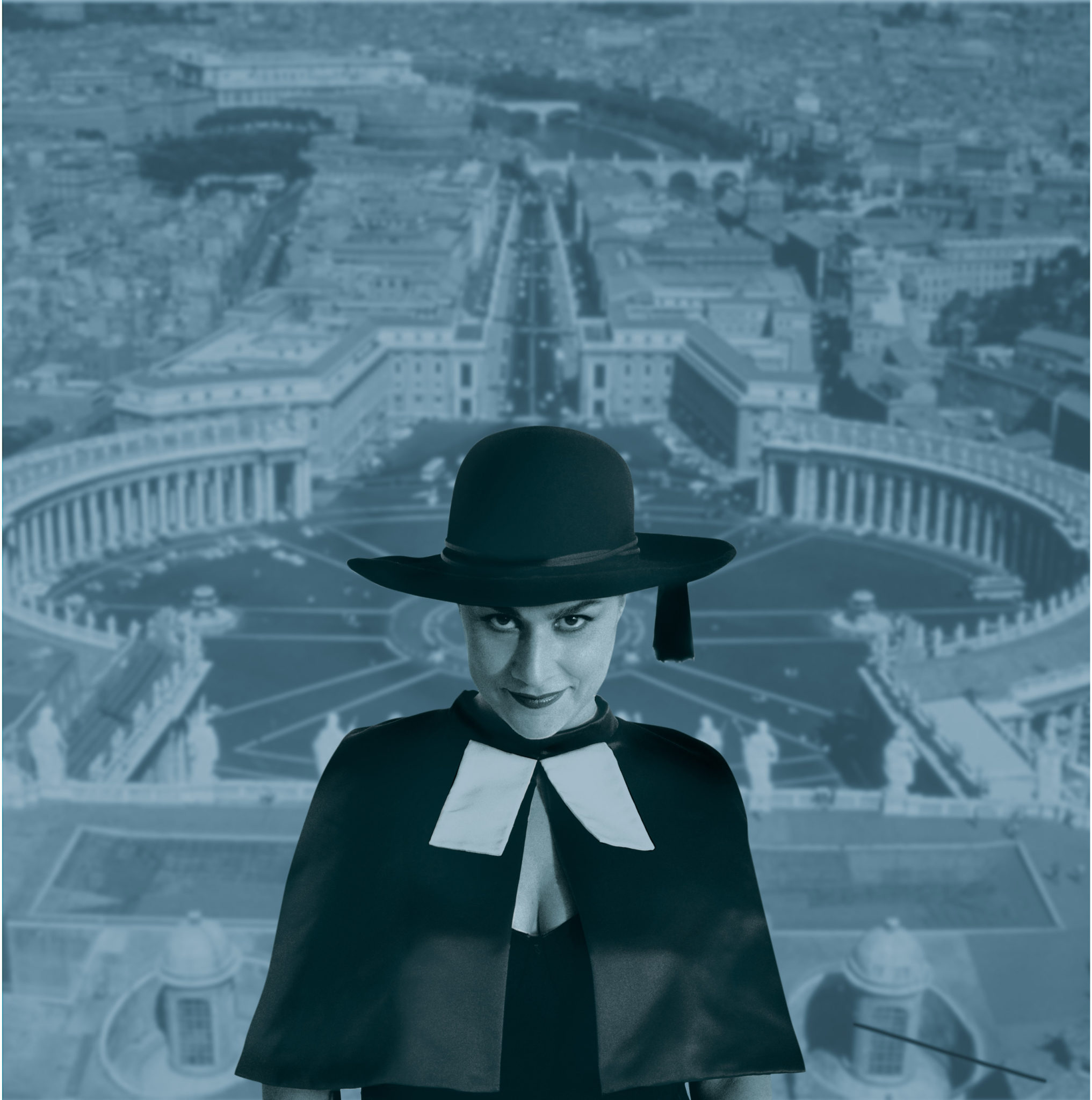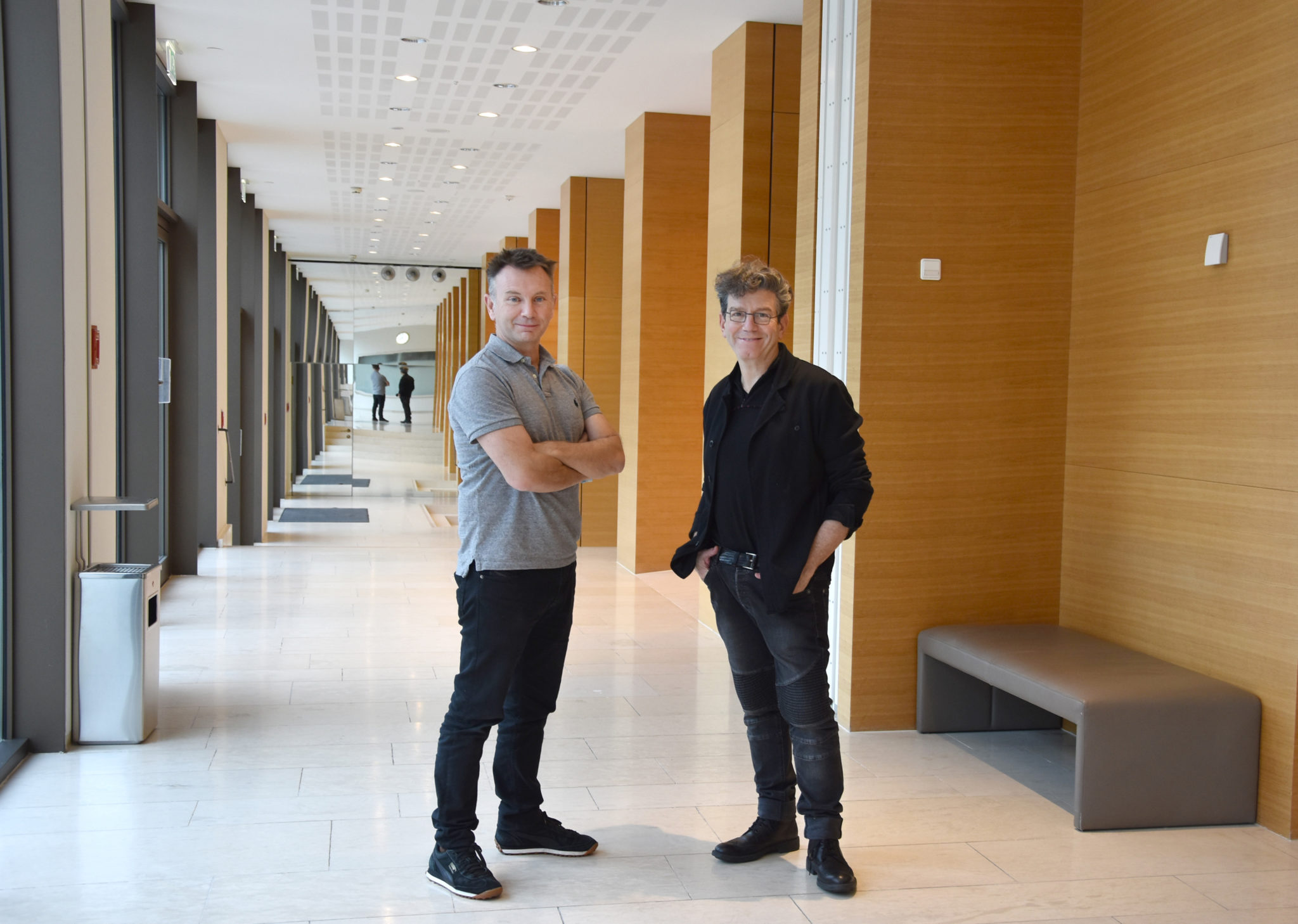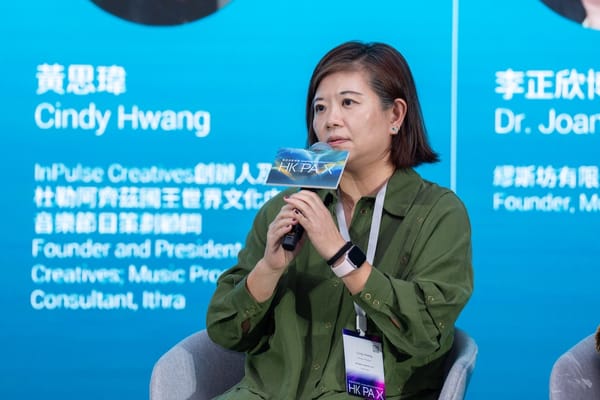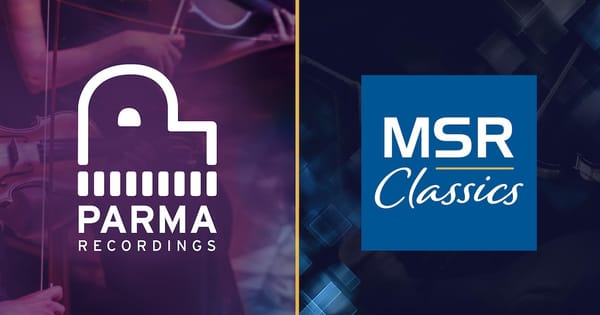ROMA ÆTERNA

Cecilia Bartoli has assembled a treasure trove of delights for the coming Whitsun Festival: she focuses on her native city of Rome, telling us why this city has always inspired poets, composers, filmmakers and painters, and how it inspires her. From 21 to 24 May 2021 she has invited some of today’s pre-eminent artists to Salzburg: Robert Carsen, Lea Desandre, John Eliot Gardiner, Anja Harteros, Philippe Jaroussky, Jonas Kaufmann, Zubin Mehta, Mélissa Petit, Anna Prohaska, Bryn Terfel, Charles Workman and many others.
In our interview, Cecilia Bartoli, who has extended her contract as artistic director of the Salzburg Whitsun Festival through 2026, speaks about her love for her hometown and why the shepherd boy in Tosca, of all roles, has been important in her life.

Salzburger Festspiele: Ms. Bartoli, in 2021 the festival becomes very personal, as you have concentrated on your native city of Rome. How did this come about?
Cecilia Bartoli: I would like to pay homage to Rome, my beloved hometown. For 150 years Rome has been the capital of modern Italy and has retained its contradictory identities, of proud splendour on the one hand and decadence and decay on the other. Through all times, the city has remained true to its trademark, losing none of its potency and allure as the Eternal City.
Rome is one of those places where dreams flow together: in our imagination, life is simple in Rome, the scenery wonderful, the population friendly and the food delicious. Its culture is breath-taking, its history palpable wherever we set foot. Rome’s splendour is revealed in the radiant buildings of marble and the dark green of its trees. When Rome rose to be the centre of the Roman-Catholic world in Christian times, the conviction that this city would stand in all eternity grew. Rome has always displayed this grandezza, and even in the 21st century we marvel at it in extravagant, epic films or the window displays on Via Veneto. Others, however, were transfixed by Rome’s black-and-white sides, a darker world we encounter in works by Fellini, Rossellini and Pasolini.
When I was young, I was not aware of the particular fascination Rome has for visitors. For me, it was normal to walk my dog in the park of the Villa Doria Pamphilj, to drive my red Fiat Cinquecento around the Colosseum on my way to the Conservatoire, to pass an ancient aqueduct when my train left Termini station. I did not notice the pieces off white marble set into an ancient red-brick wall near my house. Nor did it cross my mind as a ten-year-old singing the shepherd in Tosca at the Rome Opera that each of the three acts was set in an actual building I had passed on my way to the theatre. Or rather, I had realized it but did not think of it as anything unusual.
The awareness grew when I started to leave Rome for longer periods to follow my profession and as I deepened my knowledge of the arts and music. Suddenly, I felt the intensely moving frisson of being in touch with history when leafing through the autograph manuscript of Bellini’s Norma at the Santa Cecilia library, when first meeting living members of the Pamphilj family, when singing at a church located literally in the Forum Romanum, or when I became the first woman to work with the Sistine Chapel Choir. Finally, I began to understand why so many of our greatest artists longed to visit Rome, and why the city inspired them to create their masterworks.
My favourite composers were deeply influenced by Rome, real and imagined: Caldara, Handel, Mozart, Rossini and many others. At the same time, I realized that what I had always taken for granted was truly an enormous gift. Today I feel this heritage to be my responsibility, and would like to share it with the audience in Salzburg. It is a joy to be able to assemble my tenth programme for the visitors of the 2021 Salzburg Whitsun Festival.
“All of it is still there, the entire glittering treasure chamber of the past, all the sites of present life are still there.“
Marie Luise Kaschnitz (b. 1901 in Karlsruhe – d. 1974 in Rome, German writer)
SF: The oratorio Il trionfo del Tempo e del Disinganno is fairy rarely performed. Why did you ask Robert Carsen to stage this early oratorio, instead of Tosca or La clemenza di Tito, which your programme features as concert performances?
CB: George Frideric Handel composed this oratorio – his first – while he was in Rome during his grand tour of Italy in 1707. Imagine how the young Handel, born in Halle and trained as a musician in Northern Germany, decided, at the age of just 21, to travel to Italy at the end of 1706 in order to explore the music world to be found there! What overwhelming impressions he must have found in Rome!
For his first oratorio, he was able to convince the influential Cardinal Benedetto Pamphilj to write the libretto. Handel’s oratorio is one of his most beautiful, full of inspired and inspiring music, with virtuoso arias and many touching moments.
During the first years of the 18th century, opera performances were prohibited by Papal decree, so Handel composed the piece as an oratorio, setting the feelings, thoughts and actions of four allegorical figures to music: Beauty (Bellezza), Pleasure (Piacere), Disappointment (Disinganno) and Time (Tempo). Despite the religious and allegorical concept, Pamphilj tells the story of Bellezza with psychological realism. Il trionfo del Tempo e del Disinganno is a moving, profoundly human Jedermann drama, and in my opinion it is definitely worth staging the work like a real opera.

SF: In the role of Piacere, you sing what must be the oratorio’s most well-known aria, Lascia la spina, which Handel later recomposed for his opera Rinaldo with a different text, Lascia ch’io pianga. This is one of the most popular melodies in all of classical music. What makes it so special to you?
CB: Lascia la spina, to me, might be the epitome of a touching melody. As soon as I sing this aria, time stands till – and the audience in the hall goes absolutely silent. I often see tears too, not because of grief, but intense emotion. The text also means a great deal to me: “Lascia la spina, cogli la rosa” – “Leave the thorns, pluck the rose” – it is a kind of carpe diem, an exhortation to be good to oneself and others, to concentrate on beauty… The aria is an absolute favourite in my repertoire – and there is nothing more beautiful to me than to be able to perform it in Salzburg in the context it was written for.
SF: Robert Carsen last directed a production at the Salzburg Festival in 2004, Richard Strauss’ Der Rosenkavalier. After 17 years, you are bringing him back to Salzburg, having worked with him previously. What is it you value about him and your collaboration?
CB: For me it has also been several years since I last worked with Robert Carsen. I like to think back to our production of Handel’s Semele at the Zurich Opera House – incidentally, another oratorio – from the year 2007, which we revived during the 2018/19 season. I value Robert Carsen’s intelligent approach, his profoundly musical way of directing, his delicate humorous allusions, and his aesthetics, which are classical and modern at the same time. I have no doubt that Robert Carsen will surprise us with wonderful ideas – and I’m already looking forward to the rehearsals!
“Into your history, I feel my way from marble to marble, exposing brilliance underneath brittle layers, listening for the heartbeat of your palaces […] I pay homage to your blue ruins.“
Rose Ausländer (1901-1988) | Rose Ausländer was a poet from Bukovina who wrote in German and English. She lived in Austria- Hungary, Romania, the USA, Austria and Germany.
SF: We will also reencounter Gianluca Capuano in 2021, who celebrated his most recent success in Salzburg conducting Handel’s Alcina in 2019. What makes his conducting special?
CB: Gianluca Capuano and the Musiciens du Prince – Monaco in Salzburg, that is an incredible, absolutely unique constellation! We founded this orchestra, which plays on historical instruments, in 2016, and as its artistic director, I have been able to assemble a tight band of the best musicians in their field. Together, we delve not only into thebaroque, but also into the belcanto repertoire, and we have embarked upon an intense, interesting journey which continuously reveals new ways of interpretation. When we did Bellini’s Norma in 2013 and Rossini’s Cenerentola in 2014 in Salzburg with ensembles playing historical instruments, people said this was a new era in historically informed performance practice.
SF: In Poema sinfonico, the orchestral concert, we hear programme music about the city’s pine trees. Do you have a favourite place in Rome? And which music would suit that place?
CB: I grew up in the Monteverde quarter – one of Rome’s seven hills – and right next door was the beautiful park of the Villa Doria Pamphilj, where my siblings and I spent the infinitely long afternoons of our childhood! The name of the park is actually taken from an estate owned by the same Pamphilj family which also produced the cardinal who wrote the libretto for Il trionfo in 1707! Imagine – that is the essence of Rome to me, these continuous parallels of history and the present.
SF: Mozart’s La clemenza di Tito will be performed in concert, with you singing Sesto. What is the challenge of that role?
CB: I have been deeply familiar with this key work by Mozart since the earliest stages of my career – and I have sung Sesto’s great arias innumerable times in concert. However, apart from a CD recording with Christopher Hogwood in 1995, I have never been part of a single production of the opera. I am very happy to make up for that now with Gianluca Capuano and Les Musiciens du Prince!
“ROME Is that all …?
What do you mean by that?
Is that all Rome?
It is Rome. It is fine. Excuse me?
It is fine. You can go.”
Nicolas Born (1937-1979) | Nicolas Born is one of the most important German-language authors of the post-war period.
SF: Puccini’s Tosca is linked to Rome like few other operas. You will be singing the role of the Pastorello, whichyou first performed at the Opera in Rome when you were ten. How do you remember that performance, and how does it feel to once again take on this role?
CB: The Pastorello only sings a few measures, it is a tiny role, but it really was my opera debut! – There are a thousand reminiscences tied to this performance, the many hours when my parents took us children to work: they sang in the chorus, and we had fun in the wings!
SF: You are complementing your programme with a gala dinner created by one of the world’s most famouschefs, Heinz Beck, who runs the restaurant “La Pergola” in Rome, winner of three Michelin stars; and you are also presenting a film series entitled Roma Amor at Salzburg’s film and cultural centre DAS KINO. What makes these additional events so important?
CB: Classical music, and especially opera, touches upon many subjects: theatre, literature, music, history, even medicine and much more. The city of Rome also impresses us as one large entity where food, drink, culture and history merge in one great impression – and that is how I want the Whitsun programme to impress the audience: the more perspectives we assume to observe a picture, the more interesting and profound are the experiences and insights we gain.





